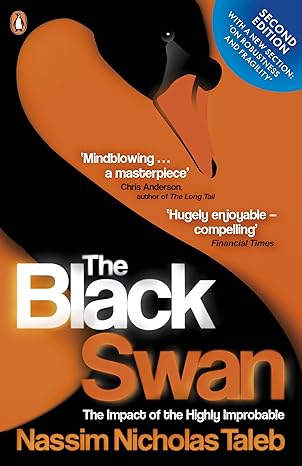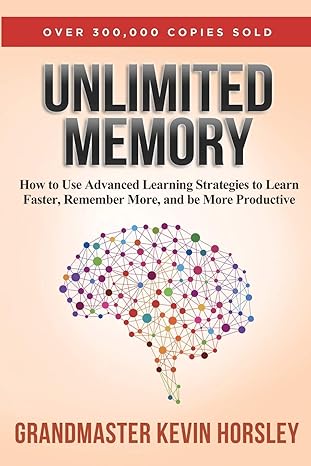“The Black Swan: The Impact of the Highly Improbable” by Nassim Nicholas Taleb explores the profound impact that rare and unpredictable events—Black Swans—have on our world. In this insightful book, Taleb challenges conventional thinking by arguing that these outlier events, though unexpected, shape history, markets, and life more than the predictable. Through a blend of philosophy, economics, and personal anecdotes, Taleb emphasizes the importance of preparing for the unknown and embracing uncertainty in an increasingly complex world. This blog delves into the key concepts of Taleb’s work and their relevance to navigating today’s unpredictable landscape.

The Black Swan: The Impact of the Highly Improbable by Nassim Nicholas Taleb is a seminal book that discusses the profound impact of rare and unpredictable events, which Taleb calls “Black Swan” events. Here are 25 key lessons from the book:
1. Rare Events Matter More: The most significant events in history are rare and unpredictable.
2. Humans Are Bad at Predicting: People consistently underestimate the likelihood of rare events.
3. Black Swans Are Retrospectively Predictable: Once they occur, Black Swan events seem obvious in hindsight, but they’re unpredictable beforehand.
4. Non-Linearity in Life: Outcomes in life aren’t always proportional to inputs; small causes can have large effects.
5. The Limits of Knowledge: We often overestimate how much we know and underestimate uncertainty.
6. Focus on Robustness: Instead of trying to predict the future, build systems that can withstand shocks.
7. Beware of Narratives: Stories are powerful but can lead us to believe in simple explanations for complex events.
8. Luck and Skill Are Confused: We often attribute success to skill when it might be largely due to luck.
9. Extreme Events Dominate: In many fields, such as finance, a few extreme events account for most of the impact.
10. Black Swans Aren’t Just Negative: Positive Black Swans can also occur, like breakthrough inventions or unexpected successes.
11. Embrace Uncertainty: Accept that uncertainty is a natural part of life and learn to live with it.
12. The Narrative Fallacy: We create stories to make sense of events, but these stories can mislead us.
13. Beware of Experts: Experts are often overconfident and may not be better at predicting the future than the average person.
14. Non-Predictive Strategies: Instead of trying to predict, create strategies that are less dependent on predictions.
15. Robustness over Fragility: Choose robustness (ability to handle shocks) over fragility (vulnerability to shocks).
16. Mediocristan vs. Extremistan: Taleb differentiates between domains where averages matter (Mediocristan) and those dominated by extreme events (Extremistan).
17. Avoid Tunnel Vision: Don’t focus too narrowly on what you know; keep an eye out for the unexpected.
18. Learn from History, but with Caution: History can inform us, but it’s often biased by the survivors (survivorship bias).
19. Power of Compounding: In certain systems, small changes can lead to exponential growth or decline.
20. Barbell Strategy: Combine extreme safety (conservative investments) with extreme risk (small bets on high-risk, high-reward opportunities).
21. Intellectual Humility: Recognize the limits of your knowledge and remain open to new information.
22. Overreliance on Forecasting Models: Complex models often fail to predict Black Swans and can give a false sense of security.
23. The Turkey Problem: Just because something has been stable for a long time doesn’t mean it won’t suddenly collapse.
24. Anti-Fragility: Beyond robustness, some systems benefit from shocks and grow stronger – seek to be anti-fragile.
25. Tinker and Experiment: Embrace trial and error, and learn from small failures to avoid large ones.
Taleb’s book emphasizes the importance of understanding uncertainty and the role of randomness in shaping our world. It challenges conventional wisdom and encourages a mindset that is prepared for the unpredictable.
I am using Hostinger for hosting my blogs. If your are looking for starting blog of your interest and want to host, then pls use below link and get discount.



